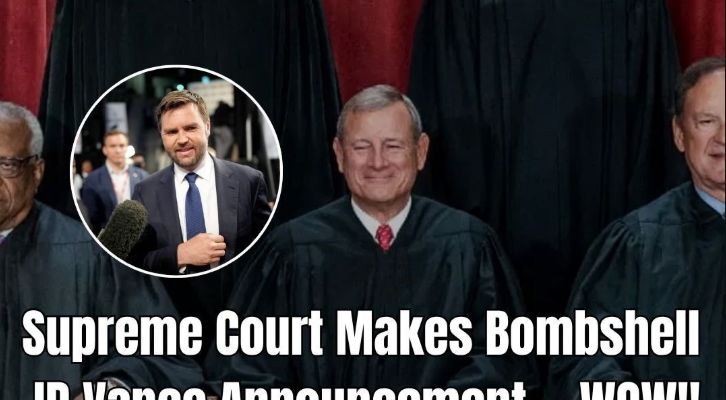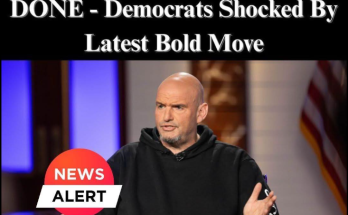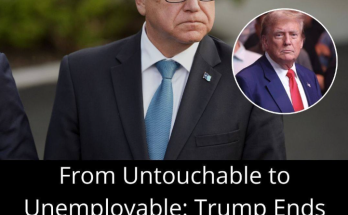
This article may contain commentary
which reflects the author’s opinion.
The U.S. Supreme Court has agreed to hear a challenge from Republicans to a component of federal campaign finance law that limits how much political parties can spend when they work with candidates.
The case, which brings up issues of free expression, features Vice President JD Vance, who was running for the U.S. Senate from Ohio at the time the complaint was filed.
Vance and two Republican committees appealed a lower court’s decision that upheld the spending limits. The justices agreed to hear the case. The people who are against the limitations say that they violate constitutional rights by limiting party spending that reflects the views of the candidates they support.
The Supreme Court’s historic 2010 decision in Citizens United v. FEC, which struck down limits on independent spending by corporations and outside groups, is the backdrop for the legal dispute. The Court said that these limits violated the First Amendment’s free speech safeguards.
Citizens United opened the door for unrestricted outside spending, but the primary issue in this rekindled constitutional argument is still whether politicians and political parties may work together to spend money.
The Trump administration sent forth a brief in support of JD Vance and the Republican committees. Vance is a critical person in the case right now since he is Trump’s vice president. The Justice government has asked the Supreme Court to consider the case and asked for an outside party to defend the lower court’s decision because the government no longer agrees with it.
The main issue in the case is whether federal limits on coordinated campaign expenditure between candidates and political parties violate the First Amendment’s safeguards of free expression.
The Federal Election Campaign Act of 1971, along with later changes, controls how much money people, groups, and political parties can give or spend on behalf of candidates in U.S. elections. The law’s goal is to combat corruption and unfair influence in federal campaigns.
Newsweek said that within this structure, political party spending that happens outside of a candidate’s campaign, called a “independent expenditure,” does not have to follow spending limitations. On the other hand, “coordinated expenditures,” in which a party works directly with a candidate, are very strictly controlled.
The publication said that these restrictions are different depending on how many people live in the state where the candidate is running. They are lower in areas with less people and higher in states with more people.
Court documents say that the 2024 limits for Senate races were between about $123,000 and $3.7 million, and for House races, they were between about $62,000 and $123,000.
Newsweek also said, “In a 2022 lawsuit, the National Republican Senatorial Committee, National Republican Congressional Committee (NRCC), JD Vance, and former Ohio congressman Steve Chabot asked a court to stop the Federal Election Commission (FEC) from enforcing these coordinated spending limits.”
The plaintiffs say that the limits “severely limit political party committees from doing what the First Amendment allows them to do: fully associate with and advocate for their own candidates for federal office.”
The U.S. Court of Appeals for the 6th Circuit in Cincinnati ruled in 2024 that coordinated spending limits are lawful and do not violate First Amendment rights.
The court used a 2001 Supreme Court decision about a similar case in Colorado as a guide. That ruling maintained identical restrictions. The 6th Circuit made it clear that it had to obey this Supreme Court decision.
The plaintiffs asked the Supreme Court to look at the earlier case again and change it when they appealed. They said that “changes in campaign finance” and the Court’s larger First Amendment case law had made the 2001 decision less solid.
When the appeal was submitted in December 2024, Vance was already the vice president-elect.
The outlet went on to say, “The Supreme Court granted the plaintiffs’ request to review the case and also approved a motion from three Democratic groups—the Democratic National Committee (DNC), the Democratic Senatorial Campaign Committee (DSCC), and the Democratic Congressional Campaign Committee (DCCC)—to intervene in defense of the lower court’s ruling.”


